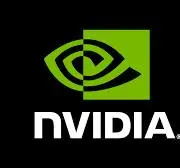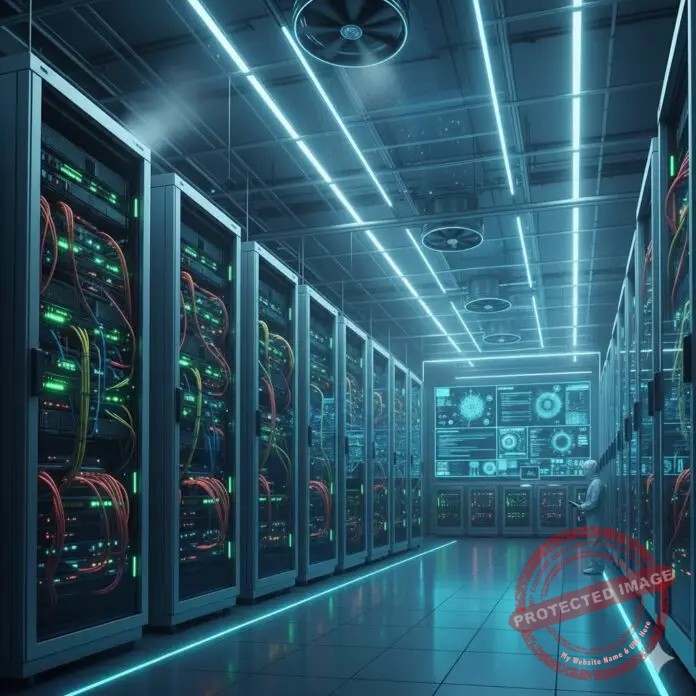Next-Gen GPUs from NVIDIA, AMD, and Intel Will Redefine AI Speed, Scalability, and Efficiency.
The hardware arms race for AI is rapidly accelerating, and 2026 is shaping up to be the inflection point that will define the future of AI. Front and center within this revolution is the evolution of GPU technologies—the powerful chips driving AI training, inference, and deployment at scale.
Tech giants like NVIDIA, AMD, and Intel are gearing up to unleash the next wave of powerful GPUs, promising groundbreaking performance, increased energy efficiency, and scalability across data centers, edge devices, and supercomputers.
NVIDIA Rubin Architecture: Powering Trillion-Parameter Models
 After the Blackwell architecture in 2025, NVIDIA is expected to introduce the Rubin GPU architecture in 2026. According to Tom’s Hardware and Wccftech, Rubin GPUs will most likely be fabricated on TSMC’s advanced 3nm node, and new upgrades for FP8 precision support, tensor cores, and increased memory bandwidth will help train extremely large models such as GPT-6.
After the Blackwell architecture in 2025, NVIDIA is expected to introduce the Rubin GPU architecture in 2026. According to Tom’s Hardware and Wccftech, Rubin GPUs will most likely be fabricated on TSMC’s advanced 3nm node, and new upgrades for FP8 precision support, tensor cores, and increased memory bandwidth will help train extremely large models such as GPT-6.
NVIDIA’s ongoing investments in CUDA, as well as its AI software stack with TensorRT and Triton Inference Server, would further cement the company’s leading position in AI infrastructure, particularly among hyperscalers and research labs.
AMD MI500 Series: Enhanced Performance per Watt
AMD has set its sights on expanding the Instinct MI series of accelerators with the MI500 lineup, probably built on the improved CDNA 4+ architecture. Leaks from Videocardz put forth that AMD is focusing on increasing performance-per-watt and incorporating high-speed Infinity Fabric interconnects for efficient multi-GPU scaling. These GPUs are designed to go toe-to-toe with NVIDIA head-on in both the cloud and on-premise AI deployments.
Intel Gaudi 4: Focus on Open Standards & Enterprise AI
Intel continues its steady progress in the AI GPU market with the expected launch of Gaudi 4. This chip is supposed to support native FP8, advanced memory hierarchies, and much better framework compatibility for both PyTorch and TensorFlow. Intel’s focus on open software ecosystems such as OneAPI and affordable scalability for AI provides it with a distinctive advantage in the segments of enterprise and government AI.
Edge AI Gains Momentum
Outside of the data center, edge AI GPUs are poised to thrive in 2026. According to EE Times, Apple, Qualcomm, and Samsung are among those embedding next-gen NPUs and AI-accelerated GPUs in mobile devices, allowing for real-time image processing, on-device language translation, and enhanced augmented reality.
Closing Thoughts
Hardware will ultimately determine what the future holds for artificial intelligence. With AI models growing increasingly complex and requiring exponentially greater compute, the advances in GPU technologies set for 2026 are nothing short of transformative. Industry analysts estimate the global AI GPU market will break through the $250 billion barrier well ahead of 2030. With Rubin, MI500, and Gaudi 4 all coming, 2026 could be the inflection point for a new era of AI performance, efficiency, and accessibility.
References
-
NVIDIA Rubin GPUs Rumored for 2026 Launch (2025), Tom’s Hardware
https://www.tomshardware.com/news/nvidia-rubin-gpu-architecture -
NVIDIA Rubin and FP8 Optimization Details (2025), Wccftech
https://wccftech.com/nvidia-rubin-ai-gpus-2026 -
AMD Instinct MI500 Series in Development (2025), Videocardz
https://videocardz.com/newz/amd-mi500-gpus-incoming -
Intel Gaudi 4 Will Focus on Enterprise AI Expansion (2025), Intel Newsroom
https://www.intel.com/content/www/us/en/newsroom/news/gaudi-4-ai-chip.html -
Edge AI Chips Gaining Momentum in 2026 (2025), EE Times
https://www.eetimes.com/edge-ai-gpu-2026-forecast -
AI GPU Market Size Forecast to Exceed $250 Billion by 2030 (2025), Allied Market Research
https://www.alliedmarketresearch.com/ai-gpu-market
Serge Boudreaux – AI Hardware Technologies
Montreal, Quebec
Peter Jonathan Wilcheck – Co-Editor
Miami, Florida
Post Disclaimer
The information provided in our posts or blogs are for educational and informative purposes only. We do not guarantee the accuracy, completeness or suitability of the information. We do not provide financial or investment advice. Readers should always seek professional advice before making any financial or investment decisions based on the information provided in our content. We will not be held responsible for any losses, damages or consequences that may arise from relying on the information provided in our content.





 AMD
AMD TMC
TMC IE
IE MSI
MSI NOK
NOK DELL
DELL ECDH26.CME
ECDH26.CME